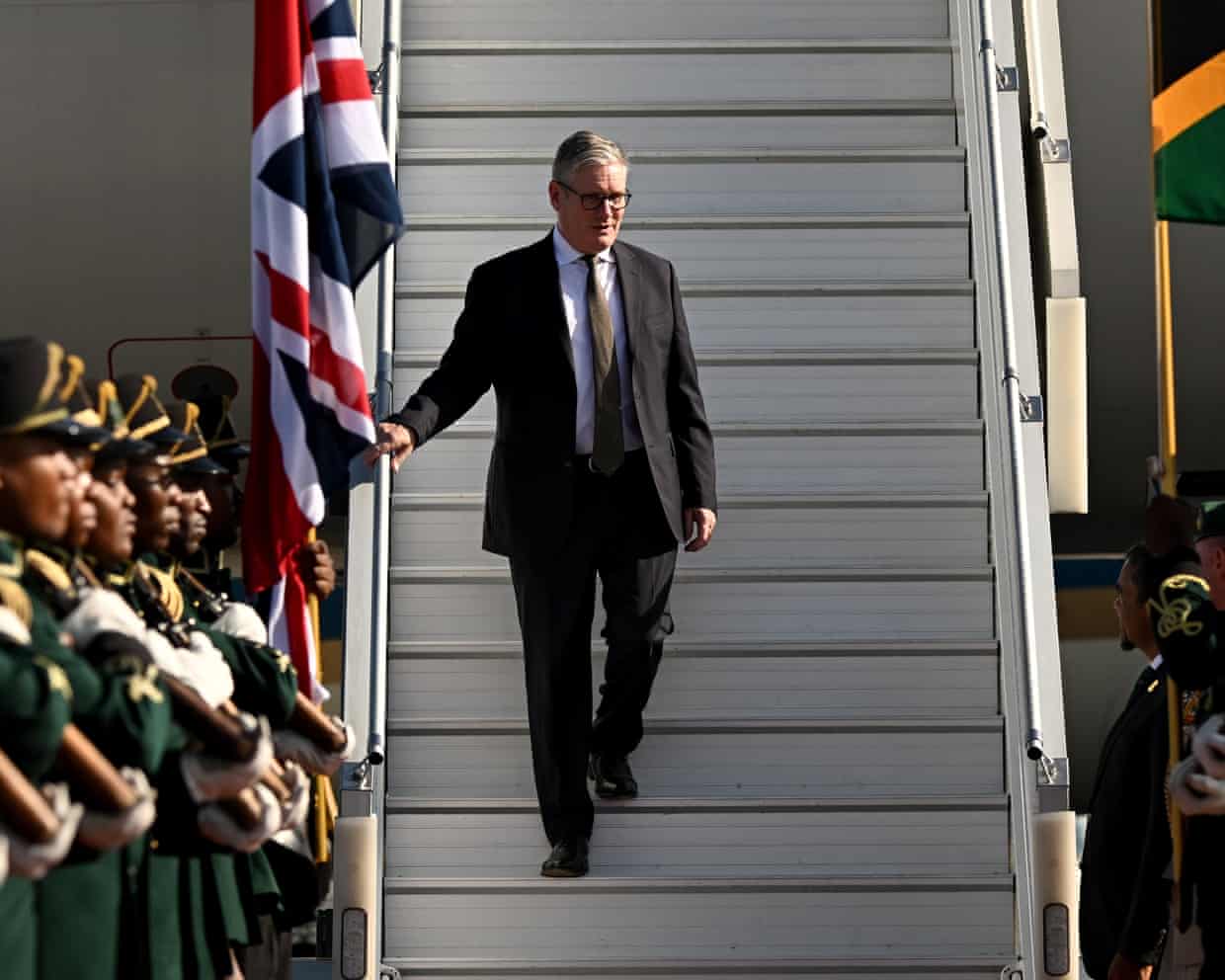A new documentary titled American Experience: Kissinger, which aired on October 27, 2023, has reignited discussions surrounding the complex legacy of former U.S. Secretary of State Henry Kissinger. The film presents a retrospective look at Kissinger’s role in American foreign policy during the Nixon administration, often glossing over the more controversial aspects of his tenure.
The documentary revisits key moments from the past, including the much-celebrated “ping-pong diplomacy” and the opening of relations with Communist China. For many viewers, particularly those who lived through the era, these events evoke a sense of nostalgia. The film includes familiar television news clips that depict Kissinger’s foreign policy achievements, inviting audiences to reflect on the international landscape of the late 20th century.
Despite its engaging presentation, critics argue that Kissinger fails to delve deeply into the darker side of his legacy. Instead of providing new insights, the documentary primarily recaps Kissinger’s achievements and controversies, presenting a narrative that some believe minimizes the human cost of his policies. The film does not fully address the implications of Kissinger’s realpolitik approach, which often prioritized American interests at the expense of other nations.
As the film unfolds, it becomes apparent that it is not until over an hour in that viewers hear actual recordings from Richard Nixon’s White House tapes, which are critical to understanding the context of Kissinger’s decisions. These tapes reveal the political machinations behind the Vietnam War, where Kissinger and Nixon allegedly delayed troop withdrawals to align with the 1972 presidential election cycle. This strategy resulted in the unnecessary loss of over 20,000 American lives and further suffering for countless Vietnamese.
Kissinger’s portrayal in the documentary allows him to frame his motivations in grand terms, emphasizing peace and national unity. Yet, the Nixon tapes suggest otherwise, highlighting a focus on political expediency rather than genuine concern for peace. Critics have pointed to a lack of transparency in the film regarding Kissinger’s motivations, particularly concerning the prolonged engagement in Vietnam, which he acknowledged was more about preserving his political career than achieving peace.
The documentary also leans heavily on commentary from Niall Ferguson, who is identified as Kissinger’s authorized biographer. Critics have noted that his commentary at times obscures key historical truths, failing to clarify the motivations behind Kissinger’s controversial strategies. The reliance on Ferguson’s perspective, without adequate counterbalance from other scholars, has drawn scrutiny.
In addition to its focus on Kissinger, the documentary briefly touches on the consequences of his policies in countries like Cambodia and Bangladesh. While it includes testimonies of individuals affected by these policies, it does not fully explore the broader implications of Kissinger’s actions. The use of animation to depict protest movements and foreign policy decisions has been criticized as trivializing serious matters.
Many viewers and historians believe that a more comprehensive examination of Kissinger’s impact—both domestically and internationally—would provide a clearer understanding of his legacy. This includes acknowledging the suffering inflicted on civilian populations and the long-term consequences of his policies.
The film’s superficial treatment of its subject has left some viewers wanting more depth. As John A. Farrell, a noted biographer of Nixon, remarked, “Nixon and Kissinger definitely knew that the deal they signed in January 1973 would condemn South Vietnam to eventual defeat.” Such insights, while brief, highlight the urgent need for a documentary that does justice to the complex and often troubling legacy of Henry Kissinger.
In sum, American Experience: Kissinger serves as a reminder of the ongoing debate surrounding Kissinger’s role in history. While it presents a narrative of diplomatic triumphs, it falls short in addressing the ethical implications of his actions and the human costs involved. The documentary leaves audiences with a critical question: how should we remember a figure whose policies have left a profound impact on both American and global history?







